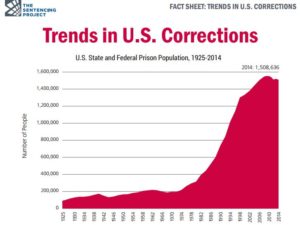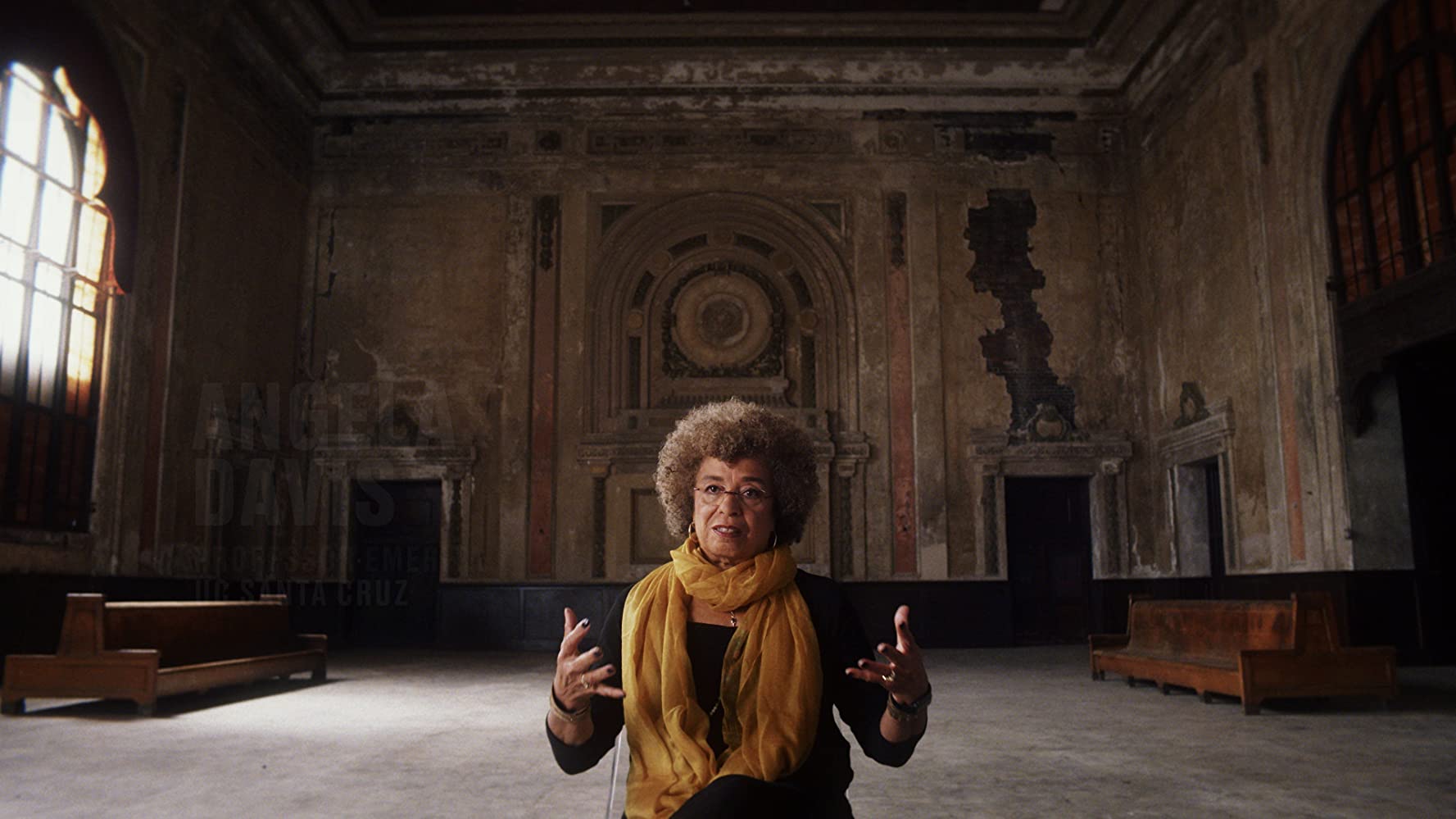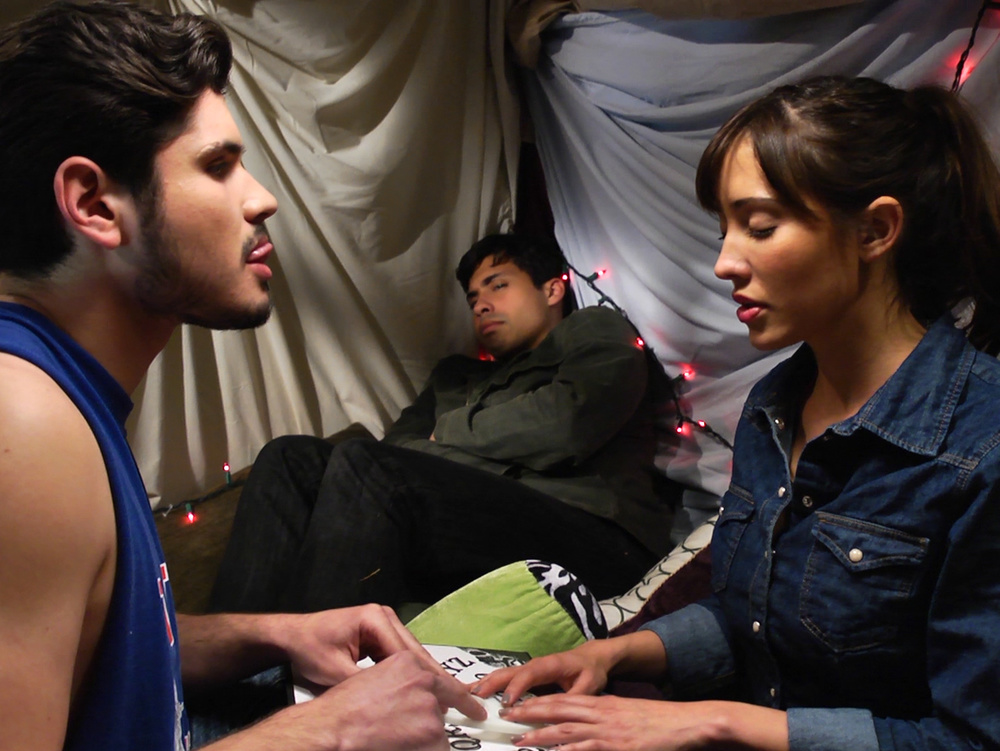Have you ever put off an artistic experience simply because it will be depressing? You know, like telling yourself for ages that you’re gonna watch something you know is gonna turn your stomach, like Schindler’s List, Requiem for a Dream, or Twilight. Well I got news for you: now is the time. If you have a soul, you’re already depressed about George Floyd; the questions of inequality by race are raining on you like it’s time to build an ark. So why not indulge in Do the Right Thing or American History X? You know you’ve been meaning to. In my case, I’m finally breaking out an excellent documentary from Ava DuVernay entitled 13th.
The 13th amendment to the US Constitution was ratified in January of 1865. You might remember it as the plot to Lincoln. It reads, in part: “Neither slavery nor involuntary servitude, except as a punishment for crime whereof the party shall have been duly convicted, shall exist within the United States, or any place subject to their jurisdiction.”
The “except as a punishment for crime” is where Ava DuVernay focuses her energies. In 13th, she draws a direct line between slavery and the mass incarceration of black males today. In 21st century America, 1 in 3 black men will experience jail is his lifetime. The counterpoint for white males? 1 in 17. The United States contains just 4% of the world’s population, and yet, just like COVID deaths, the United States owns a lion’s share of  incarcerated peoples: 21% of the world’s imprisoned are Americans. 40% of those are African-American men.
incarcerated peoples: 21% of the world’s imprisoned are Americans. 40% of those are African-American men.
[As of this writing, the 1.88M cases of and 108k deaths from coronavirus represent 30% and 28% of the world’s totals, respectively. But that failure is another movie; this one is about African-Americans in jail.]
The insidious reality is that from antebellum to present, almost every piece of criminal legislation disproportionately affected African-Americans. That’s not an accident. Neither is it an accident that since the rise of Nixon, incarcerations have increased five-fold in this nation. The “War on Drugs” is the main culprit, but even so, laws have made sure the punishments with regard to crack (a “black” drug) are far more severe than the punishments with regard to cocaine (a “white” drug). Don’t bother asking if that happened by design.
Also not an accident? The fact that Bill Clinton, who otherwise might have been seen as a welcome relief to African-Americans in a sea of poverty-creating-poverty-hating presidencies, signed into law measures that doubled the prison population within America in a span of ten years. Anybody who knows that trickle-down economics is a complete and historic failure repeating itself again and again in Republican policy delusion also knows the name Willie Horton, the single-most powerful anecdote in the 1980s. 13th argues that not only did Willie’s deeds cost Michael Dukakis the presidency (I don’t believe that, but I’ll hear you out), it also accelerated the prison population dramatically.
The specter of black violence is a common boogeyman in white communities; it has been for generations. 13th points out how even American art has given in to this myth. In the 1915 classic and disgustingly racist silent film, Birth of a Nation, not only were all blacks in the film portrayed as animals, in several scenes white men go blackface to get the depravity needed for a key attempted rape scene. Let’s look at the history of film for a moment. When the AFI released its original list of the 100 greatest films of all time, Birth of Nation, a glorification of the Klan in a America, was the only  film dating before 1927. Hence, theoretically, the greatest film ever made stood for twelve full years … and it’s a tribute to paranoid white supremacy. Try to imagine a present day world in which the only social media that exists is Twitter. No Facebook, no Instagram, just Twitter. And for twelve full years, the only Twitter you get to follow is Donald Trump and people Donald Trump talks to. Think that won’t have an effect on national race discussions?
film dating before 1927. Hence, theoretically, the greatest film ever made stood for twelve full years … and it’s a tribute to paranoid white supremacy. Try to imagine a present day world in which the only social media that exists is Twitter. No Facebook, no Instagram, just Twitter. And for twelve full years, the only Twitter you get to follow is Donald Trump and people Donald Trump talks to. Think that won’t have an effect on national race discussions?
Once convicted of a felony, of course, Americans are deprived of their voting rights in most states. This has been a key way to keep African-Americans from exhibiting any power at the ballot box. If you ever ask yourself why Americans can’t seem to vote for the things they generally want, denying the black vote is one of the key forms of voter suppression, the #1 strategy of the modern American right. You see the full circle, yes? White lawmakers enact racist laws sending disproportionate amount of black men to prison; once in prison, these men are no longer eligible to vote, and the white voting majority gets to enact more racist laws.
13th is where Ava DuVernay belongs. She is at her best when describing the struggle of African-Americans, not when describing tweener fiction. 13th is presented as very matter-of-fact; Ava knows that when you speak truth, you don’t have to scream. Peculiarly enough, I expected a film like this to gain perspective from the likes of, I dunno, names like Oprah or Barack Obama. While 13th did cull from minds like Angela Davis and Van Jones, the biggest name among those directly interviewed was democracy-crippler Newt Gingrich. Yikes. This is a fine piece of work, and I downgrade it only on the sole count that it plays a great deal like a John Oliver depth piece minus the humor. Don’t let that sway you; this documentary should be required viewing for ALL Americans.
Black history repeats a familiar refrain
Each step summons foes time again
Yet even in 2020
Where all know stings a-plenty
African-Americans set the standard for pain
Rated TV-MA, 100 Minutes
Director: Ava DuVernay
Writer: Spencer Averick, Ava DuVernay
Genre: Stuff everybody should know but doesn’t
Type of being most likely to enjoy this film: Historians
Type of being least likely to enjoy this film: White supremacists




